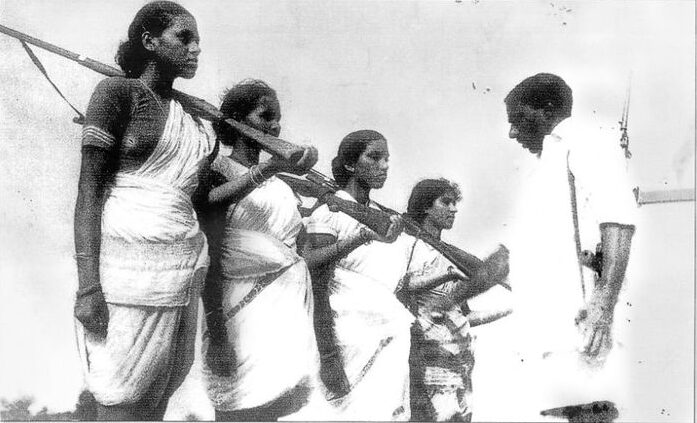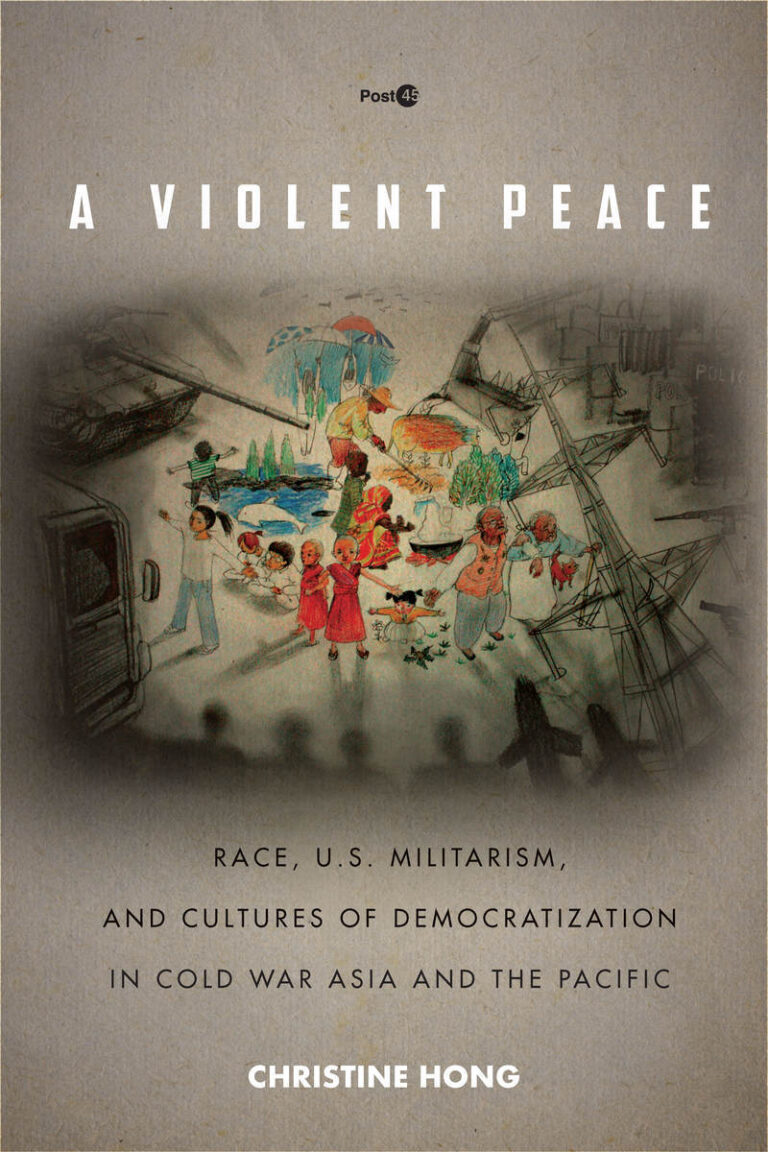The epic poem Asia Jaag Utha, written in 1950 by Ali Sardar Jafri of the Indian Progressive Writers Association, was a battle hymn of its time, a celebration of Asia’s history and geography, with a vision for Asian liberation and communist revolution at the dawn of the Cold War in the aspirational Third World. Are its messages still applicable today, or is it strictly a period piece? This essay analyzes what Jafri was trying to do in his own context and explores whether it has anything to say to ours. In order to do this, the author enters into dialogue with Jafri’s poetry, and proposes some updates to its political agenda that might be needed to carry its energy into the present. While the mid-twentieth century vehicles of progress and liberation (such as industrial development and the postcolonial nation-state) require critique, Jafri’s emancipatory impulses and ideals of solidarity ring true.
Keyword: Asia
Review of A Violent Peace: Race, U.S. Militarism, and Cultures of Democratization in Cold War Asia and the Pacific by Christine Hong (Stanford University Press)
Christine Hong’s A Violent Peace examines local and global democratization projects and the many ways that postwar US military tactics and strategies functioned to suppress both counterrevolutionaries abroad in Asia and Black radicals at home in the US. Through literary and visual analyses of works by Ralph Ellison, Ōe Kenzaburō, Miné Okubo, Carlos Bulosan, James Baldwin, and W. E. B. Du Bois, Hong questions how to navigate US post-World War II policies that claim a period of democratized “peace” and racial integration while simultaneously dehumanizing “foreign” bodies through military tactics that police cultural and political belonging.

